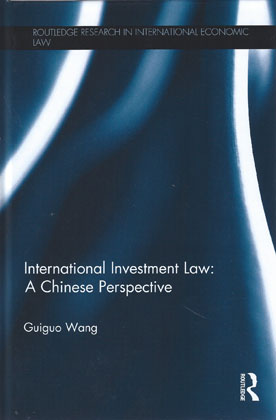
Globalization is an irresistible trend of the contemporary world as its impact is felt in every corner of the world and is part of the lives of all humankind. An important feature of globalization is increasing and intensified cross-border economic exchanges such as trade and investment.
In the past, a distinction could be made between capital importing and exporting countries, or host and home countries for foreign direct investment ("FDI"). Nowadays, due to globalization, FDI is made by and in both developed and developing countries.
Differences in political, economic and legal systems, history and culture are no longer obstacles for FDI and the economic development of almost all countries is closely linked with, if not heavily dependent upon, the inflow of FDI even though the degree of dependence on FDI may differ from country to country. Host countries compete to open economic sectors to FDI and to create a favorable environment for attracting it. As a result, FDI has become an important part of every national economy.
This book conducts critical assessments of aspects of current international law on FDI focusing on China and through the perspective of the traditional Chinese culture. The book examines the teachings of the Taoism, Confucianism and New Neo-Confucianism to illustrate the impact these philosophies have had on contemporary Chinese culture and decision-making at various level including government, enterprises and individuals as well as what they have to say in relation to globalization.
This lens is used to examine various aspects of international investment law and also to recommend alternatives to improve the present system and to ensure its sustainability. The book looks at topics including: the relationship between national laws and international treaties; the different and conflicting obligations in place as a result of multilateral and bilateral treaties; treaty obligations and the Chinese philosophy of social harmony; and the Chinese experiences in resolving disputes with foreign investors.